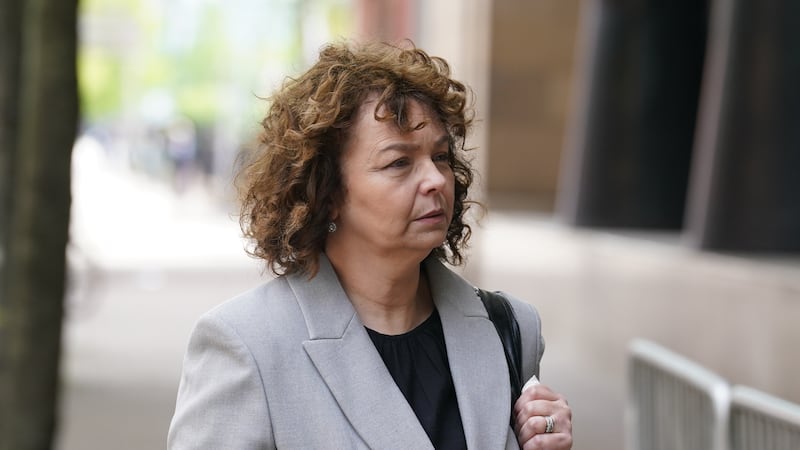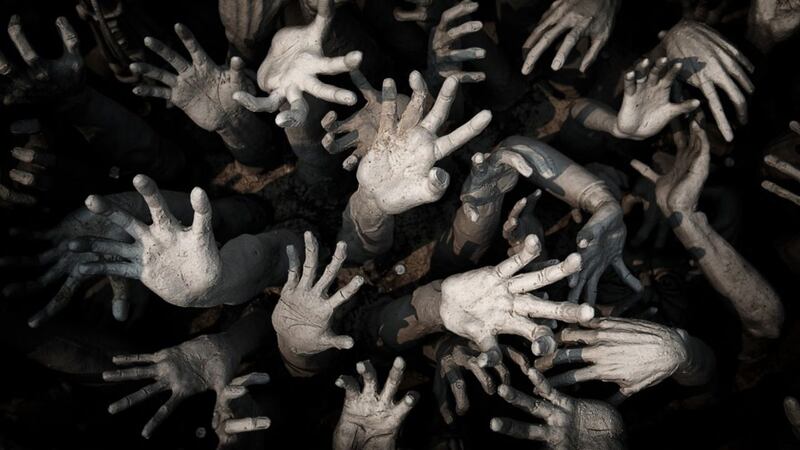It was to be expected that the UK Covid-19 Inquiry, which has been sitting in Belfast for the last week, would pose uncomfortable questions for politicians and officials as lawyers drill into the detail of decision-making that had the potential to dictate life or death during an unprecedented public health emergency.
Hearings in London have previously laid bare the dysfunction at the heart of the British government, which struggled initially to get to grips with the crisis and fatally undermined public messaging with a culture of partying at Downing Street while ordinary families were denied visits to dying relatives.
It was also painfully clear that the pandemic response in Northern Ireland sometimes fell far short of standards we should expect from public representatives.
Ministers at Stormont were at times in open conflict over the extent of Covid restrictions and the attendance of senior Sinn Féin politicians at the funeral of Bobby Storey was a source of enormous anger and resentment, a point acknowledged by former communities minister Carál Ní Chuilín yesterday.
Yet even allowing for the infighting that appears endemic at Stormont, the extraordinary circumstances that governments around the world were confronted with, and the speed with which critical decisions had to be made, evidence to the inquiry so far makes for disturbing reading.
In particular, it seems inconceivable that deficiencies so publicly exposed during the RHI Inquiry were still evident in the structures of government during Covid.
The New Decade, New Approach deal, agreed just weeks before the pandemic struck, had given a commitment to “greater transparency and improved governance arrangements that are aimed at securing and maintaining public confidence”.
Instead, evidence of lost minutes, wiped phones and general breakdowns of communication suggest no lessons were learned from the green energy scandal.
Now another report will be published, apologies issued, and pledges to reform made, while the public will likely conclude that we will find ourselves in the same position once again when the next crisis emerges a few years down the line.

Shortcomings in accountability mechanisms must partly explain the seemingly entrenched failings at both political and civil service levels.
The RHI Inquiry somehow resulted in only minimal repercussions for officials, while ministers seem determined to ride out any controversy or criticism that comes their way, calculating perhaps that the tribal nature of politics here ensures they are unlikely to be punished at the polls.
Every fresh revelation, however, eats away at trust and confidence in our power-sharing arrangements and makes a mockery of commitments to a fresh start each time devolution is restored.
Without true accountability it is hard to see how our failing system of government will change. The families of Covid victims, for a start, deserve much better.








